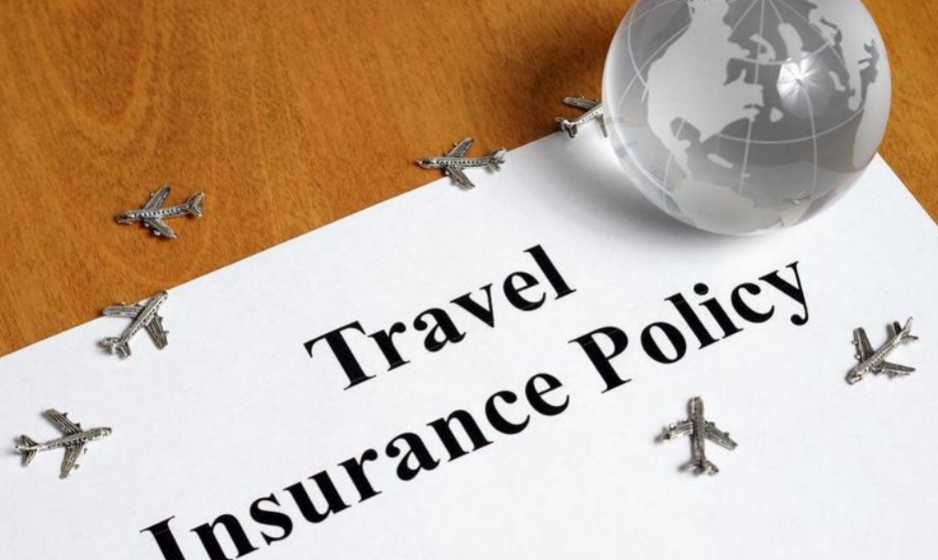Linda, a woman in her early 40s, had just celebrated her milestone birthday. During the party, as she glanced at her father James napping quietly on the couch and her mother Evelyn bustling around in the kitchen, a wave of emotion swept over her. As a child, her parents had shielded her from life's storms. Now that they were ageing, she realised she knew next to nothing about how to protect them in return. She had considered buying insurance for them, but the high premiums often scared her off, especially since her father had some chronic health conditions. What Linda wanted to know was: Can ordinary people like her still create a solid safety net for their ageing parents, even with limited financial resources?

Linda's dilemma is incredibly common. Many in her generation are so focused on their careers and raising children that they forget the ageing hands that have quietly supported them for decades. A small health scare or a minor fall can become a ticking time bomb if not handled properly. Many believe that insurance is only worth buying when you're young and healthy— that once your parents are older, it's "too late." But that's not true. The key question isn't whether you can buy insurance, but which kind is most appropriate.
People like Linda often face three major challenges when insuring their parents: older age, complex health conditions, and limited budget. But by reframing the approach. you'Il see that you don 't need to buy everything-you just need to buy right. What elderly parents need are two foundational and practical types of protection: medical and accident coverage.

On the medical side, Linda initially considered a high-coverage "major medical" plan for her father, but due to his history of high blood pressure, the application was declined. We advised her to consider a cancer-specific medical policy instead. These plans are designed to cover cancer-related treatment expenses and tend to have more comprehensive health screening requirements, making them more accessible to older individuals. Linda ended up choosing a mid-range cancer policy for her father, with an affordable annual premium that still covered most hospitalisation costs related to cancer. It brought her a sense of relief.
Next came accident insurance. Linda's mother, Evelyn, was still in relatively good health, but a recent slip on a wet sidewalk while grocery shopping had led to a costly doctor's visit and a few days of bed rest. That moment made Linda realise how even routine daily activities can become risky for ageing parents. We recommended a senior-specific accident insurance plan that covers outpatient and hospital expenses from common accidents like falls, burns, or fractures-and even includes a small disability benefit. The best part? These products typically have low entry barriers, require no medical exams, and are very budget-friendly, making them perfect for families like Linda’s.
Linda was initially worried that covering her older parents would require a huge investment. But we explained that insurance is not a "buy-it-all-at-once" task—it's a long-term protection strategy that can be built step by step. We suggested she start with accident insurance, layer on basic medical protection, and add more advanced coverage later if her budget allowed. She came to understand that even a few hundred dollars invested today could ease pressure and prevent major financial loss in the future small cost for a big peace of mind.

Buying insurance for your parents is not just a financial decision's a heartfelt gesture of love and responsibility. When we were young and sick, they stayed up all night to care for us. Now it's our turn to hold the umbrella over them. We might not be able to shield them from everything, but at the very least, we can make sure they never have to face life's storms alone.

What Does Short-Term Health Insurance Cover?

The Vacation Rental Boom: How Airbnb and Vrbo Are Changing Real Estate Investment

How Life Insurance Can Be a Tool for Build Wealth

How to reasonably analyze and apply artificial intelligence to create more value for insurance compa

The secret for insurance companies to improve user experience through solving four aspects of proble

How to properly handle and alleviate the concerns of family insurance policyholders?

Some insurance solutions for protected retirement income that you must know!
